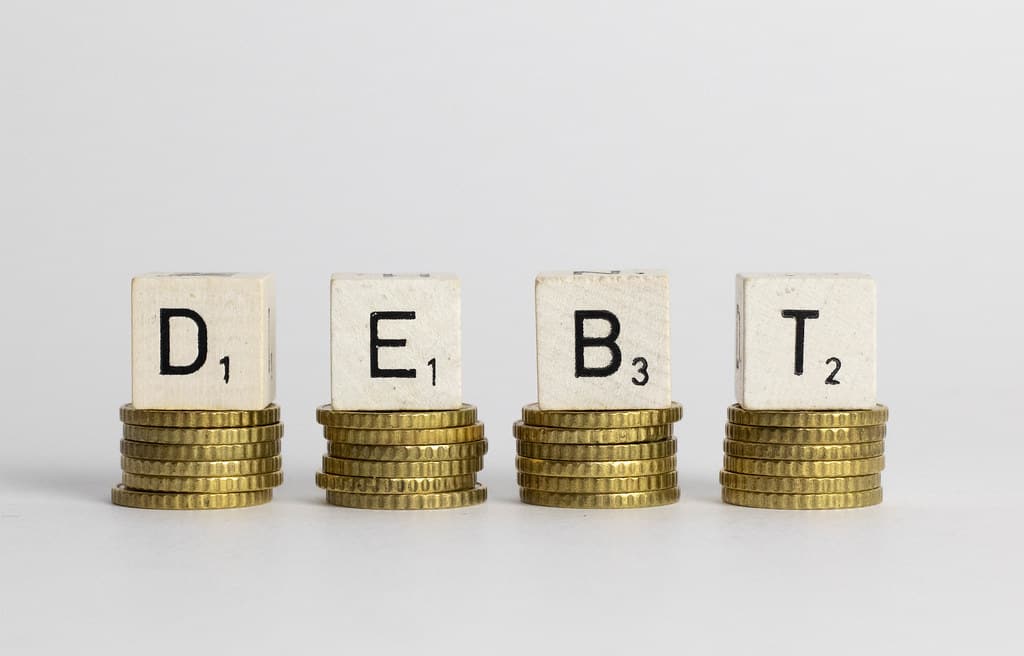Analysts from Brussels-based economic think tank Bruegel say that China’s use of debt-equity swaps to deleverage state-owned enterprises may simply be shifting bad loans to different pockets of the system.
Debt-equity swaps have emerged as one of Beijing’s primary tools for driving corporate deleveraging and dealing with the problem of bad debt in the state-owned enterprise (SOE) sector.
While the aggregate volume of announced debt-to-equity swaps hit 1 trillion yuan by the end of 2017, equal to 19.5% of problem loans, Brugel senior fellow Alicia Garcia-Herrero and Natixis economist Gary Ng point out that only 15.7% of these swaps have been executed.
In order to accelerate the process of bad loan clean-up, in January Beijing gave the green light to Chinese banks establishing their own asset management vehicles and private equity funds for debt-equity swap schemes.
Writing for Asian Banking & Finance Garcia-Herrero and Ng say the move is ostensibly designed to shore up the security and health of Chinese banks during the process of using swaps to dispose of bad debt, by enabling them to offload equity in ailing SOE’s to other entities such as state-owned funds, or the asset management companies and private equity funds founded by the banks themselves.
In reality, however, Chinese banks may still retain significant exposure to bad debt or moribund SOE’s, given that they are also key shareholders in the state-owned funds who are parties to the swaps.
“A large portion of capital in the state-owned funds participating in D/E swaps is in the hands of state-owned banks, together with cash-rich SOE’s,” write Garcia-Herrero and Ng.
“This means that problem loans are being relabelled outside of the loan book and reallocated both inside and outside the banking system.”
The advantage for banks, however, is that they are relieved of the capital and provisioning restraints created by the retention of bad debt, because their holdings in state-owned funds are not consolidated.
“The difference for banks is massive,” write Garcia-Herrero and Ng. “In a nutshell, D/E swaps are helping banks offload the stressed assets at a very low cost thanks to the Chinese government’s ‘matryoshka’ approach to the cleanup of banks with D/E swaps.”
State-owned banks are currently the only Chinese lenders participating in the scheme, giving them a major edge over their smaller commercial peers when it comes to offloading dud assets and streamlining operations.



